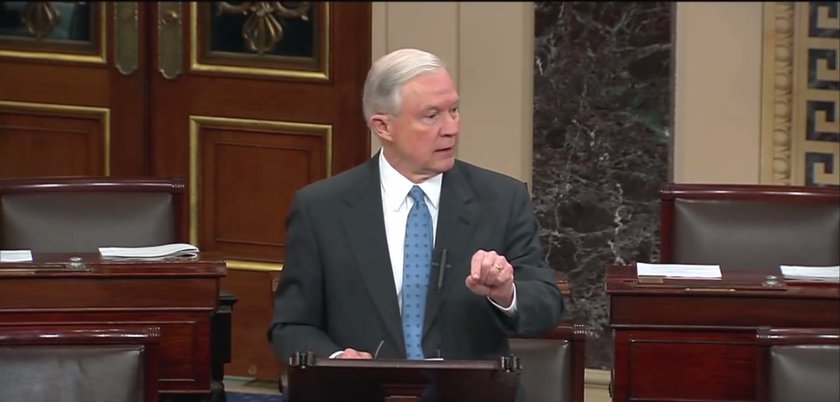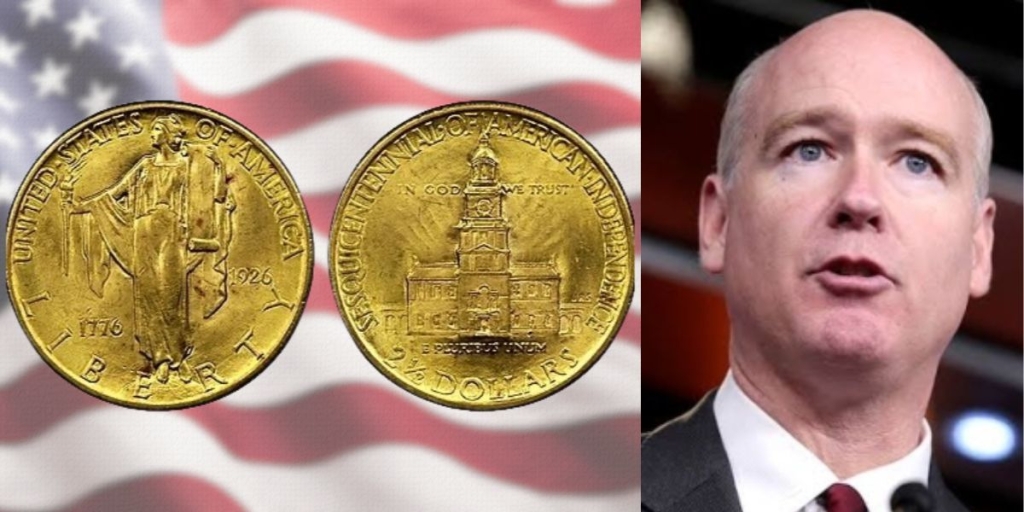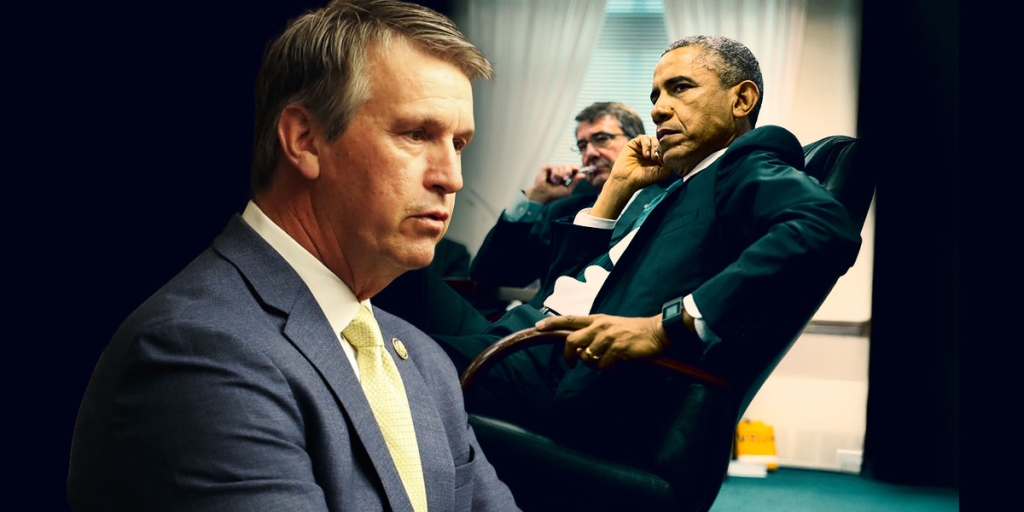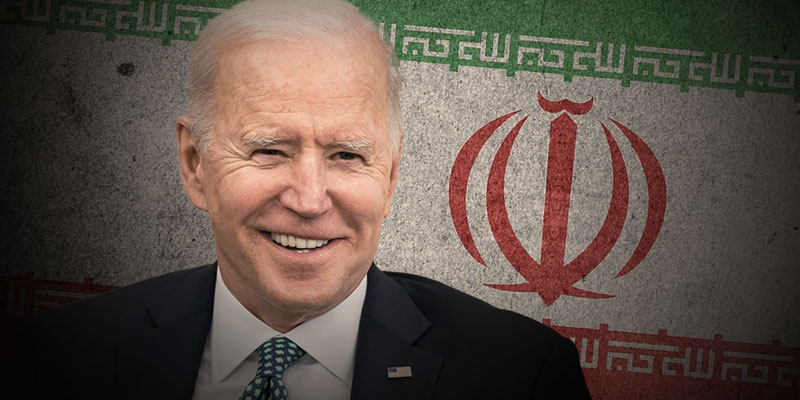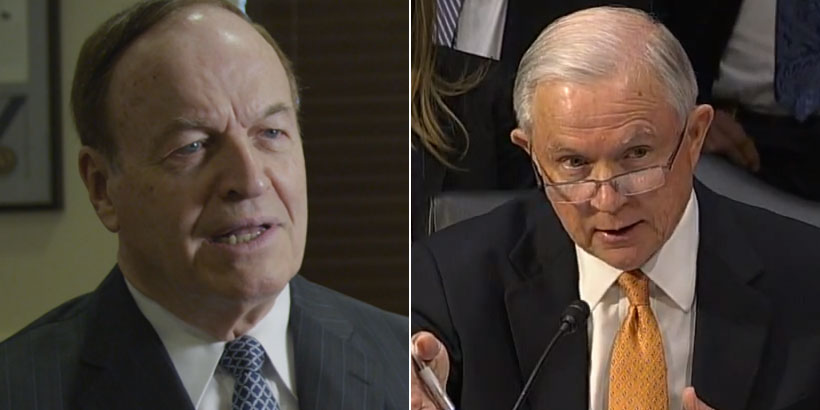https://www.youtube.com/watch?v=c-ii4abgpvo
(Video Above: Senator Jeff Sessions addresses the Senate floor on President Obama’s Iran deal and radical Islamists.)
WASHINGTON — Alabama Senator Jeff Sessions (R) delivered remarks on the Senate floor Wednesday condemning President Obama’s deal with Iran and the administration’s soft stance on radical Islamists, arguing in favor of statesmanship and a longer-term strategy to ensure terrorist regimes do not gain a stronger foothold in the Middle East.
“This deal – this ‘executive agreement’ – between President Obama and Iran’s leaders (not the Congress, not in the form of a treaty that’s binding over time, but a personal executive agreement) is the predictable end of a poorly-initiated negotiation,” began Sessions. “I will vote against it. It is not the right policy for the United States.”
Sessions added that the merits, and more importantly the shortcomings, of the Iran deal have been discussed at length both in the Senate chamber and at home with constituents during the August break; he wasn’t up there to repeat what his colleagues had said. Instead, he spoke on the underlying cause of the United States’ current conflicts in Iran and much of the Middle East.
“Iran’s drive to acquire nuclear weapons arises out of the Islamic extremism in the Middle East, and I would like to take the opportunity today to discuss that extremism and how we can confront it,” Sessions explained.
“Like communism, [militant Islam’s] goals are incompatible with the laws and freedoms we see as central to our liberty and prosperity. There can be no compromise with this form of radical Islam. It just will not merge with and accommodate with the freedom that we believe is essential in the Western world. Theologically-based Sharia law fundamentally conflicts with our magnificent constitutional order that separates church and state, and that considers free debate and dissent the way to a better world.”
Sessions disclosed that he believes the U.S. must develop a long-term strategy to quell Islamic extremism, one that is not based on political or partisan factors.
President George W. Bush had such a vision, Sessions said, but President Obama has reversed that, focusing instead on his own strategy—one the senator believes has empowered radial Islamist terrorists.
Sessions implored the president and his successor to consider the costs and possible outcomes of foreign policy decisions years, even decades down the road.
“Military actions are fraught with danger,” added Sessions. “Inaction is fraught with danger. The world is very complex. The very best minds, who know well the specific countries at risk and at turmoil, must be involved when plans are made and evaluated. Long-term – even very long-term – consequences of action and inaction must be considered at the beginning. The world is a dicey place, indeed.”
Citing one European leader, Sessions called the current refugee crisis in the Middle East, “the greatest European challenge since World War II.”
Statesmanship, not partisanship, is what the Alabama Senator said the United States must embrace to restore peace to the region.
“Statesmanship, as Henry Kissinger says, requires wisdom, insight, and the willingness of officials to understand the complexity of the choices the nation faces and then to provide leadership to the American people that produces the support for those policies that may not seem clear or positive at the time they are announced, because the world is a complex place,” Sessions paraphrased.
“So, in conclusion, I am certain that the foreign policy of our nation is too reactive. I am certain we have not adopted, on a bi-partisan basis, a policy to confront Islamic extremism that provides direction for actions and can build confidence in our people and our allies. I am certain that this is a failure and must be remedied.”
Though the U.S. House has voted to reject President Obama’s Iran deal, Democrats in the Senate have stood to block a vote, and enough have promised to support it that a veto could not be overturned. Because the deal is not a treaty approved by Congress, however, it could be reversed by the next president.
Like this article? Hate it? Follow me and let me know how you feel on Twitter!
— Elizabeth BeShears (@LizEBeesh) January 21, 2015




